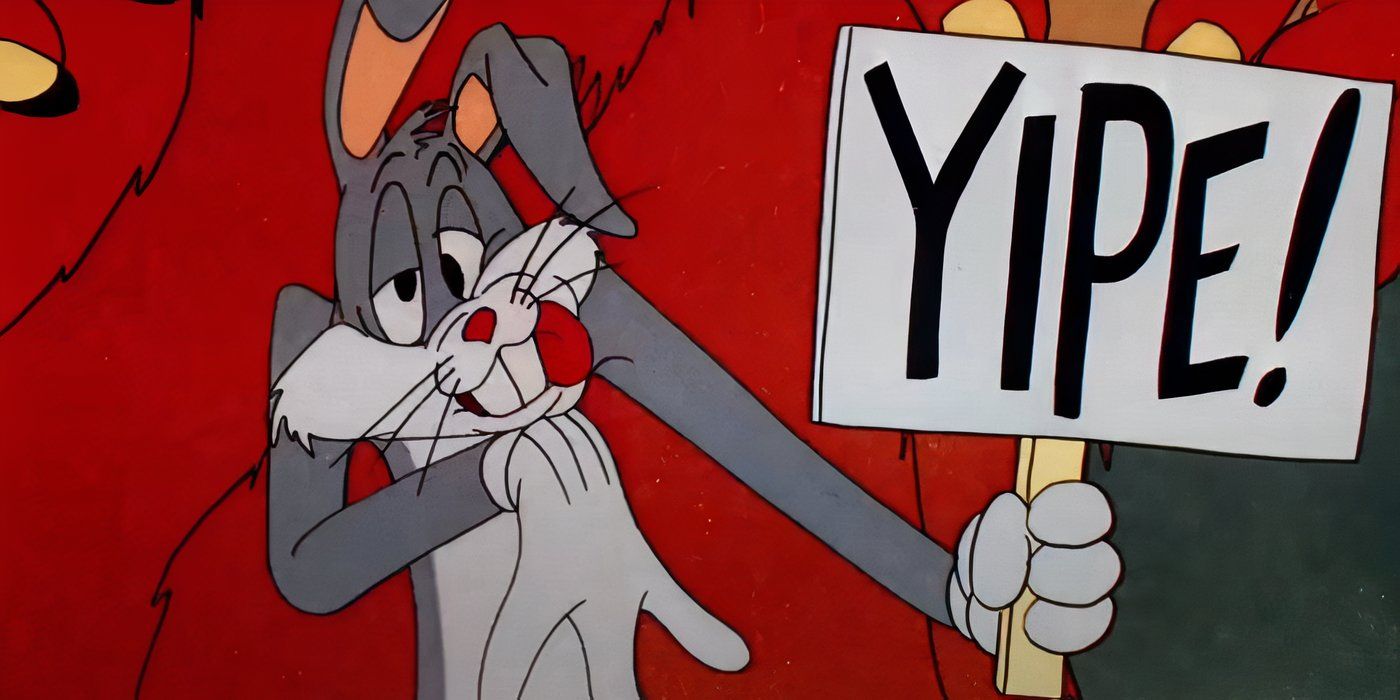
As we grow older, many people may find that the Saturday morning cartoons they watched as kids weren’t as innocent as they seemed later on. In those days, shows like South Park and Family Guy deliberately tested boundaries with their edgy and offensive humor. Yet, it’s important to note that even children’s and family-oriented cartoons occasionally contained adult or problematic jokes back then. Sometimes, even adult cartoons overstepped the mark.
In the past, certain jokes were often used because they frequently made light of racism, sexism, and sexual harassment. While many of these jokes weren’t overly offensive, some cartoons and films from that time period would incorporate humor that definitely wouldn’t fly in our current society.
“Southern Fried Rabbit”
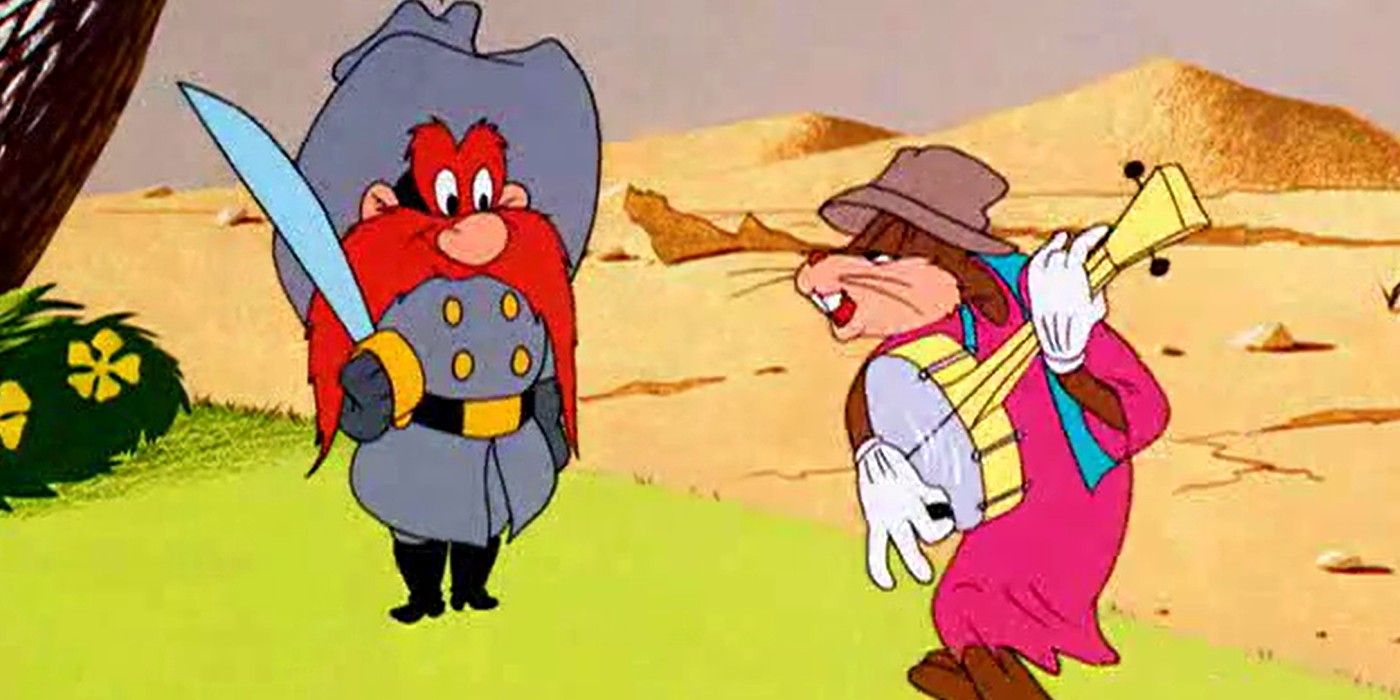
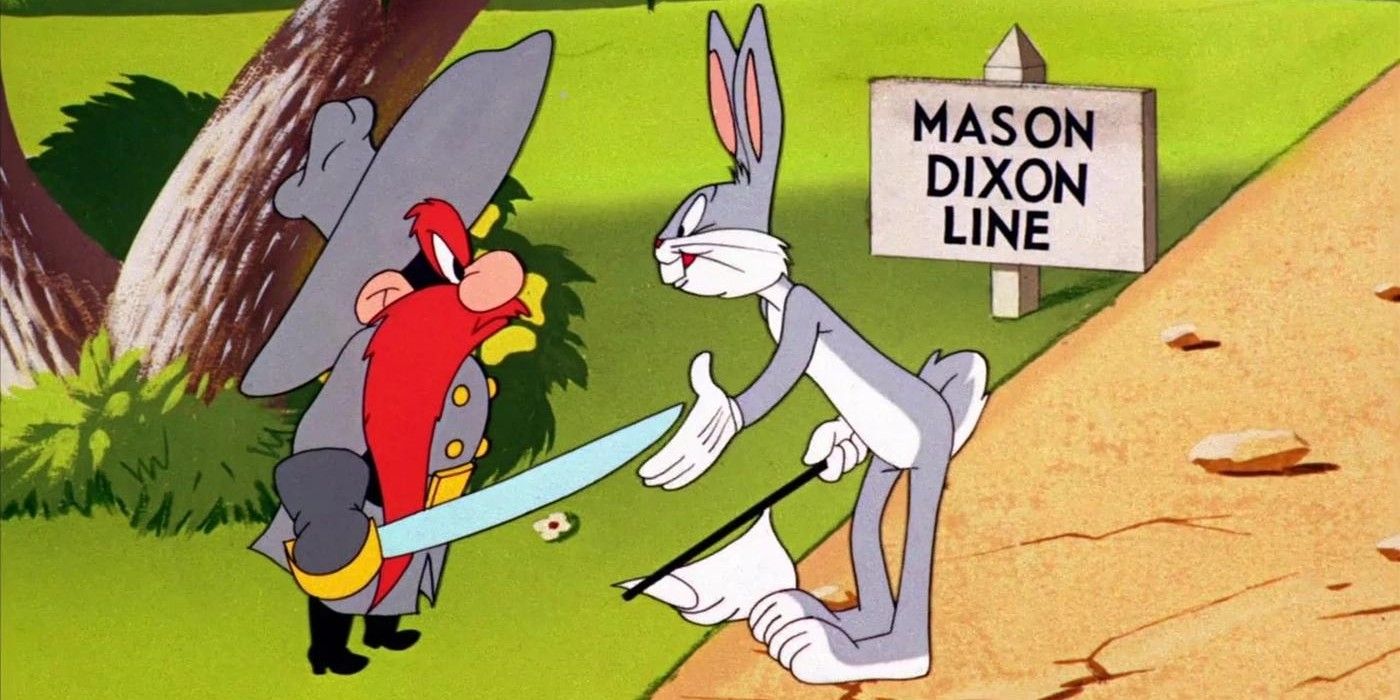
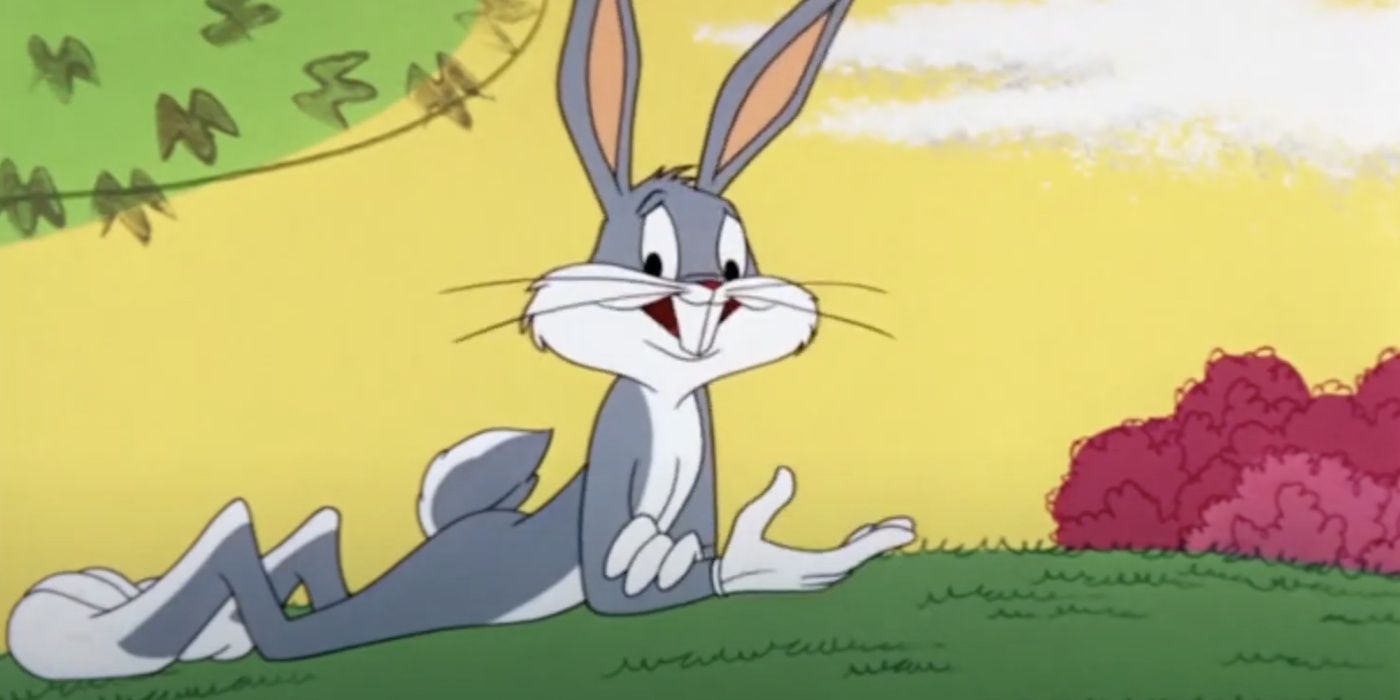
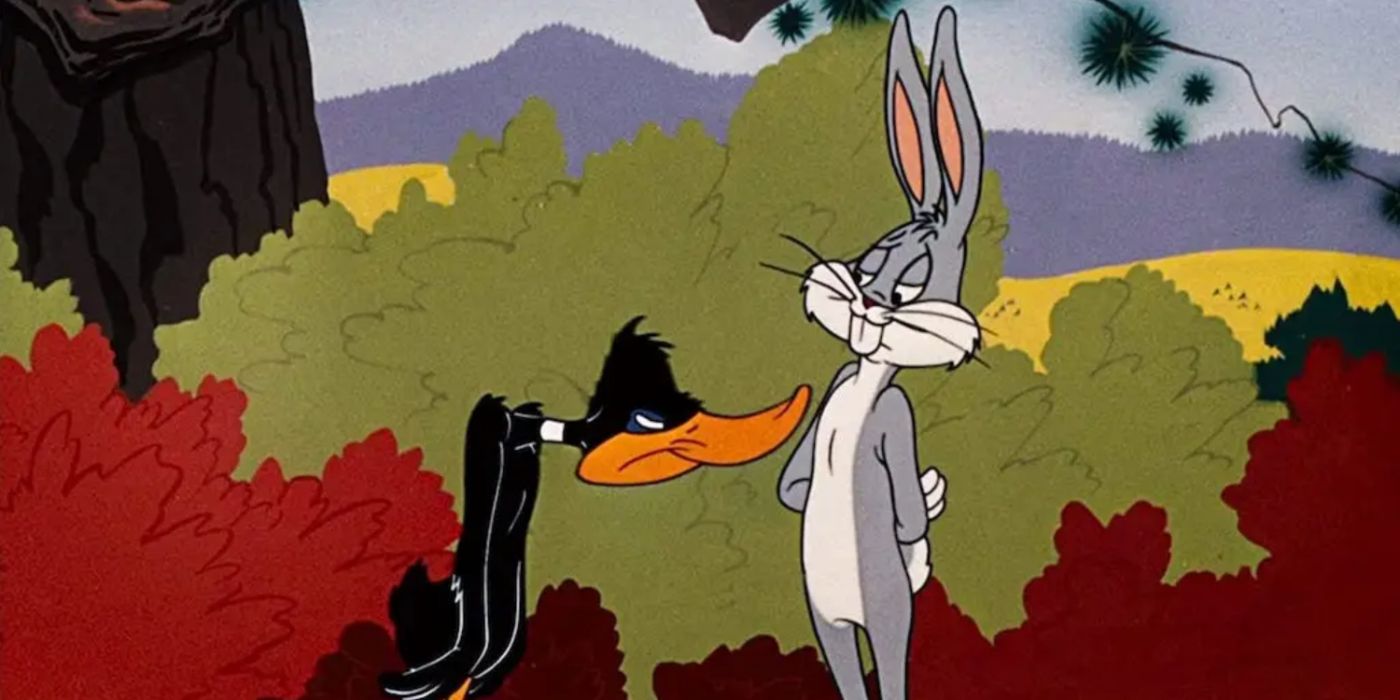
The cartoons often contained offensive or racist humor, to the extent that several of them were blacklisted and not broadcast. One of the most notorious examples is “Southern Fried Rabbit,” where Bugs Bunny attempts to cross the Mason-Dixon Line disguised as a slave playing a banjo and pleading, “Don’t punish me.
In the aftermath, the debatable part and the one featuring Bugs Bunny impersonating Abraham Lincoln were taken out of the airplay for the animated series. Although the racial caricatures might not be acceptable nowadays, the overall portrayal of Yosemite Sam as a simple-minded Confederate soldier trapped in the past was intriguing and thought-provoking.
“Tokio Jokio”
1943 marked the debut of the “Tokio Jokio” Looney Tunes short. This anti-Japanese propaganda piece aimed to portray the Japanese as inept. It was presented as if it were a news reel from Japan, discovered by Americans, showcasing what they claimed to be Japan’s strategic planning and counsel during wartime.
In the initial portion, the portrayal of the Japanese air raid warning system is likened to two individuals jabbing each other with pins, alluding to the traditional Japanese prank Kanchō. However, subsequent segments perpetuate harmful stereotypes, portraying Japanese people as being unintelligent, buck-toothed, and mimicking their accents. Although the backdrop of war is significant, it does not justify the racist undertones of the cartoon, which is particularly troubling considering the deep-seated anti-Japanese sentiments in America during that period.
“Plane Dumb”
Previously to Tom and Jerry, there existed another duo – two men reminiscent of Mutt and Jeff – who embarked on peculiar and surreal journeys. Their cartoons were somewhat primitive in nature, and they often contained racist depictions and caricatures. The short “Plane Dumb” was particularly offensive.
Tom and Jerry embark on a flight to Africa, donning blackface and adopting over-the-top, stereotypical accents. Simultaneously, the African characters are portrayed as aggressive, spear-wielding individuals who respond negatively to Tom and Jerry. The blackface and exaggerated voices were presumably meant for humor, but this animated short falls short of being anything more than one of the most racially insensitive cartoons ever produced.
“Magical Maestro”
In the animated short film “Magical Maestro,” Butch Dog is portrayed as the opera singer, Carlos Ramirez, known as The Great Poochini. However, Mysto the Magician, played by Daws Butler, disrupts his performance. At one point, Mysto casts a spell on Poochini using a prop hat, resembling a traditional Asian conical hat, which alters him temporarily into a character stereotyping an Asian individual.
In simpler terms, instead of Poochini wearing a red and yellow robe, adopting a Chinese accent, and pretending to sing in Chinese but actually speaking nonsense, it would have been more appropriate for him not to undergo such an exaggerated transformation into a stereotypical Chinese caricature, which includes the use of yellowface and a conical hat. This is because this type of representation can be offensive and should not be casually included in any work or performance.
“Jetsons Nite Out”
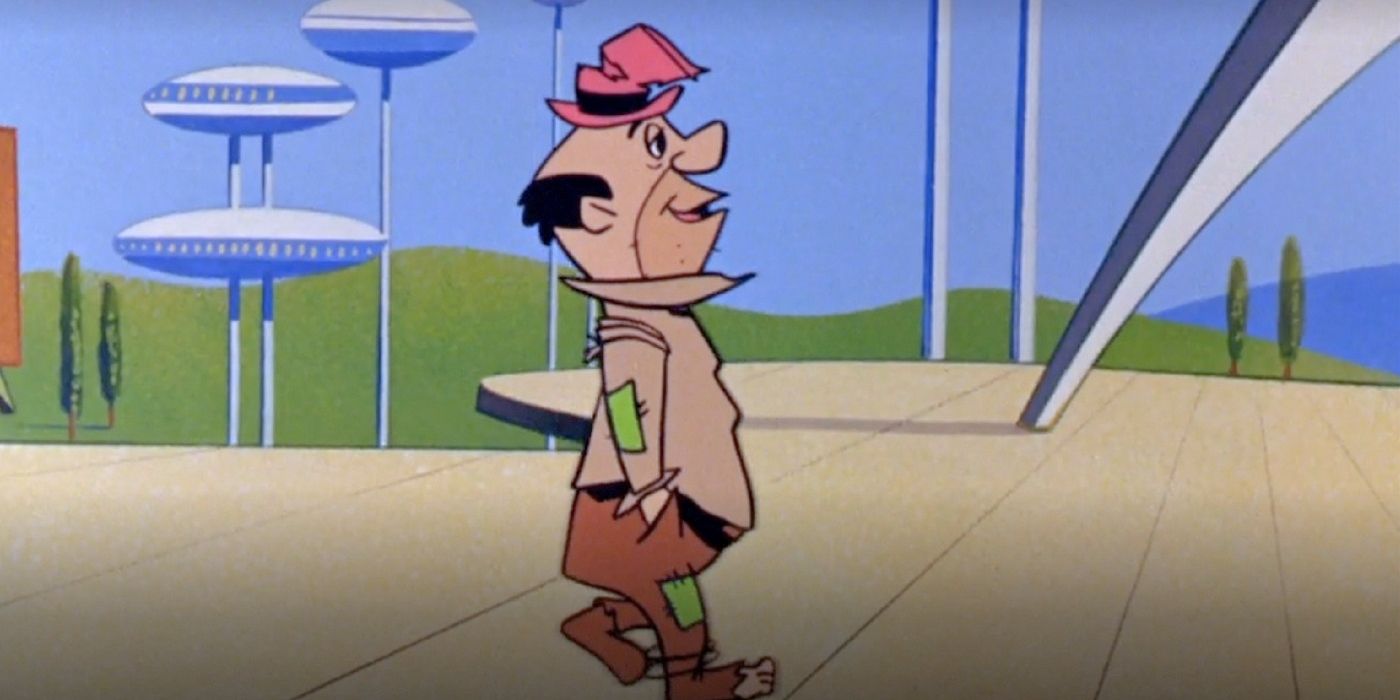
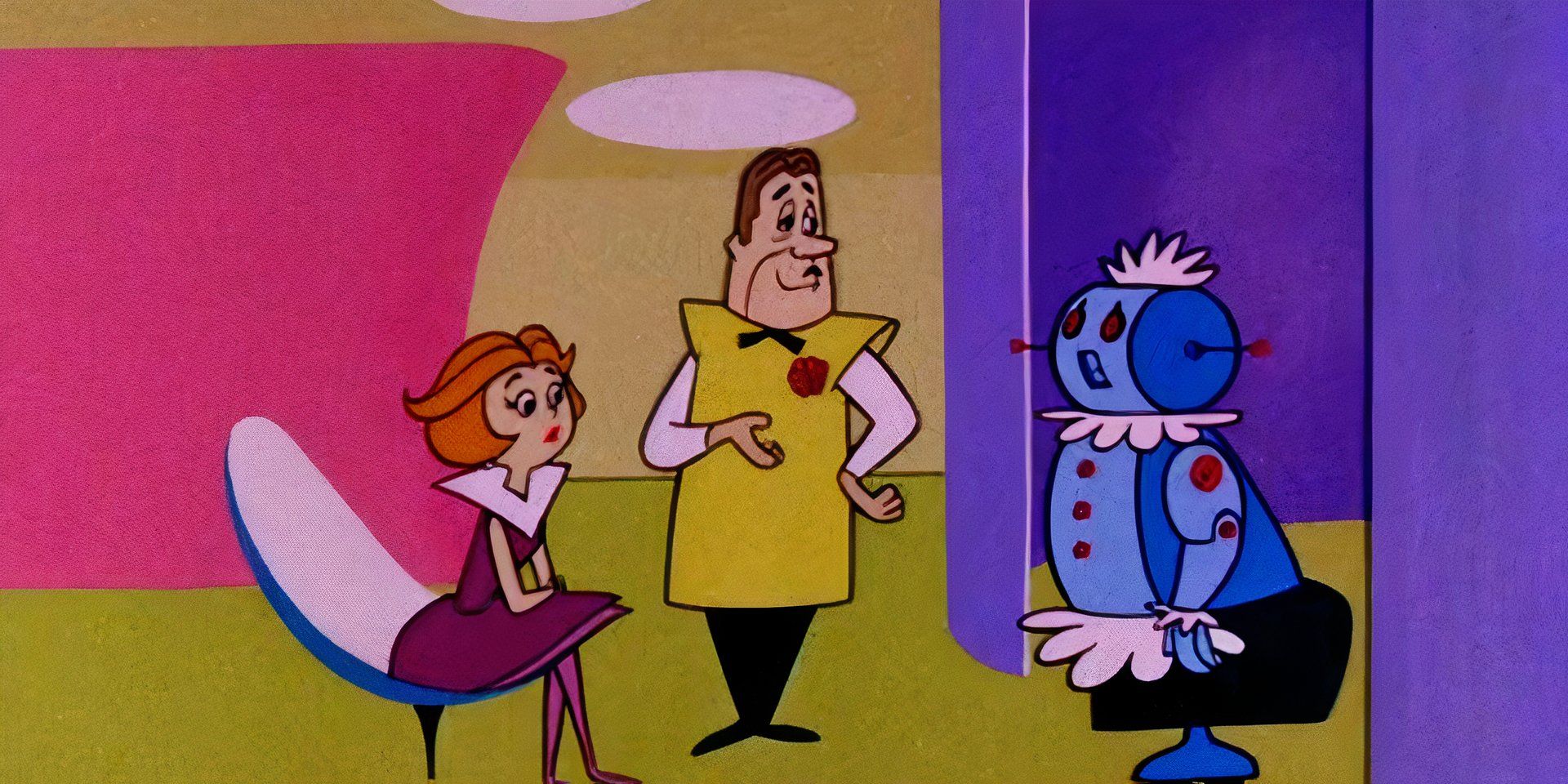
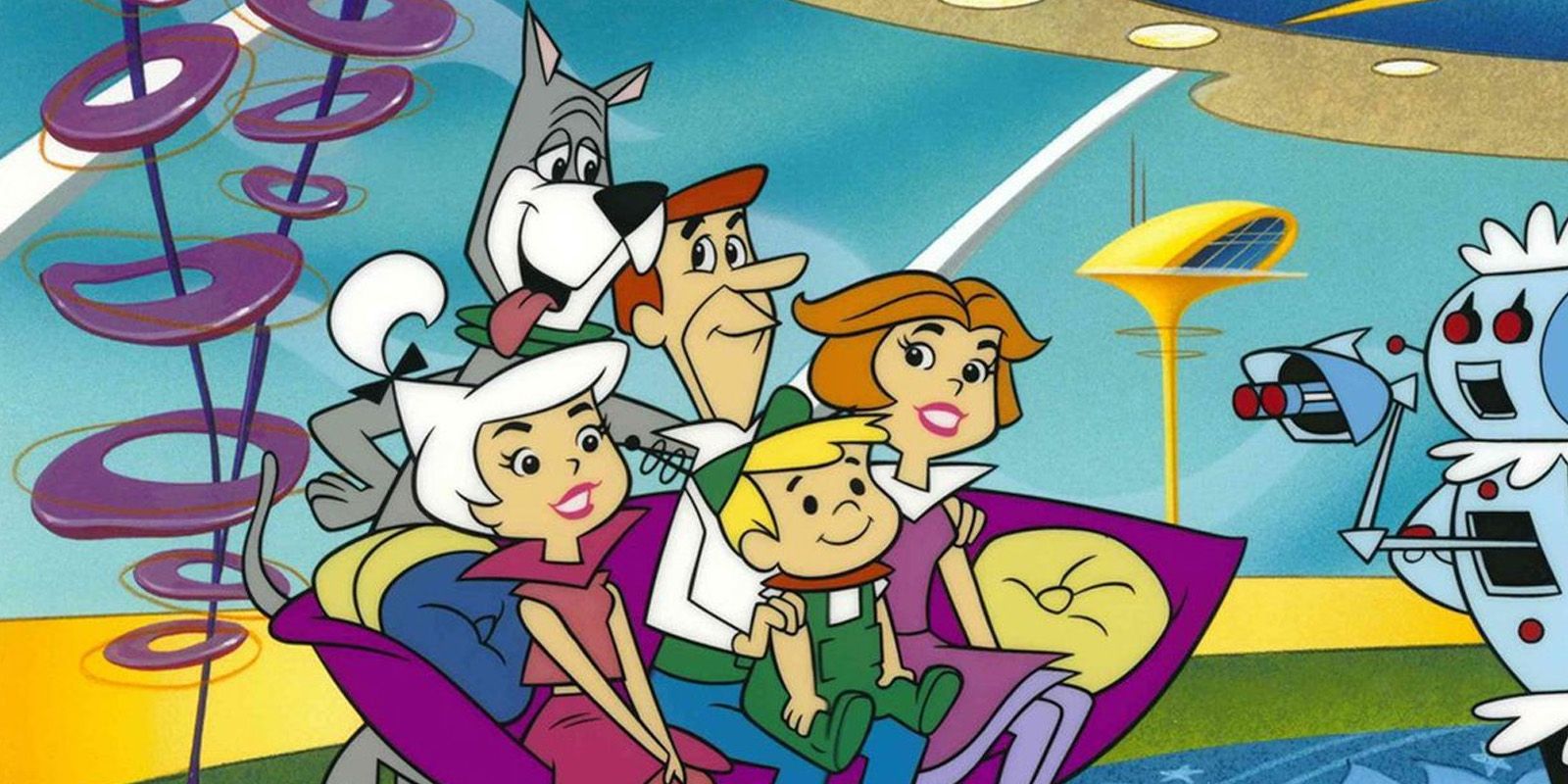
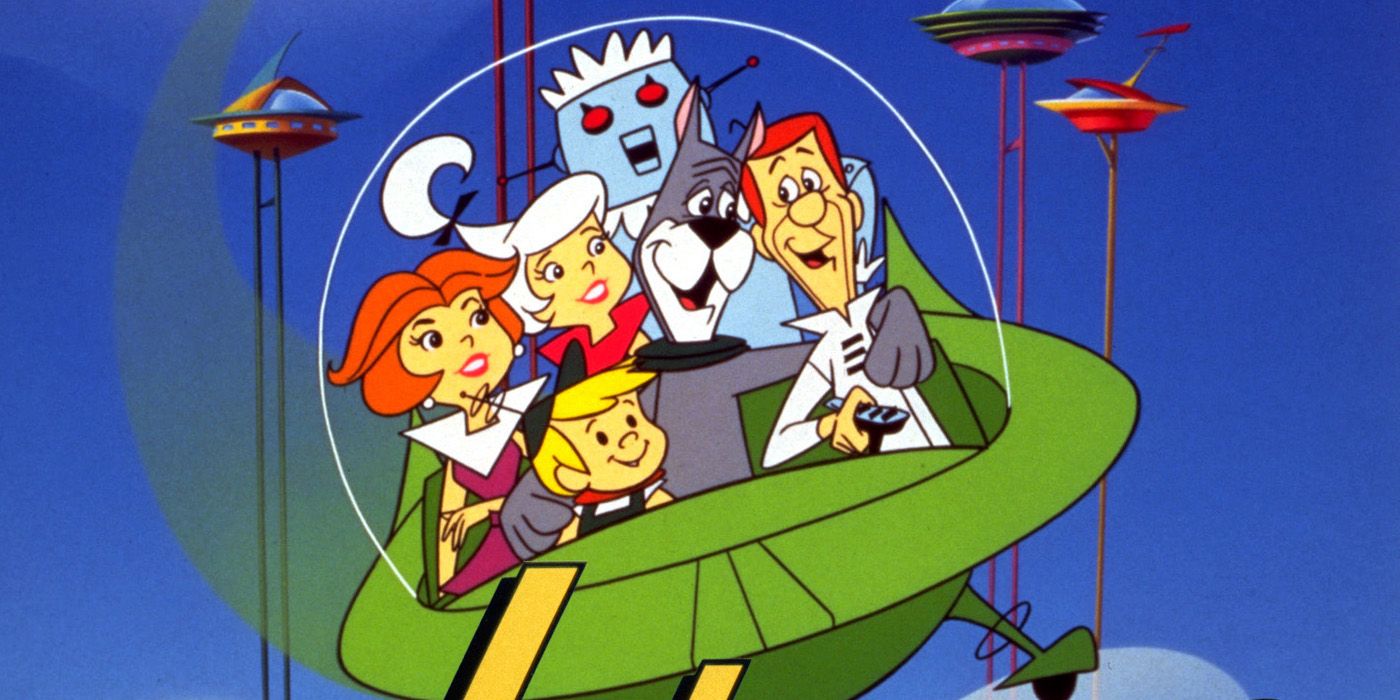
Similar to numerous classic cartoons, “The Jetsons” wasn’t entirely devoid of subtle racial biases. Given the era, it might have been a reflection of society at the time. Nevertheless, a specific joke in the third episode of season 1, titled “Jetsons Nite Out,” has become outdated over the years.
I, as a fan, might rephrase it like this: “My coffee was too intense this morning. No need to toss it though, who knows? Visitors from a far-off African tribe could drop by and want to poke their spears in it. Ha, ha, ha!” This joke seems to rely on outdated stereotypes about the physical characteristics of people from Africa, which is unfortunate and highlights how casual racism was sometimes woven into shows like The Jetsons without any apparent necessity.
Peter Pan
The movie features one of the franchise’s notorious racist incidents involving the depiction of indigenous people in Neverland. Here, Peter Pan (Bobby Driscoll) encounters them and the leader (Candy Candido) sings a song titled “What Made the Red Man Red,” filled with offensive jokes about Native Americans.
The song humorously mimics traditional Native greetings such as “hau,” with lyrics like “Why does he question ‘How?’ / When did he initially respond with ‘Ewww!'”. Notably, the song’s climax is a joke about an Indigenous person blushing upon seeing a woman pass by, thus turning him “red.” This humor reinforces harmful stereotypes and pokes fun at the idea of Native American skin color. As a result, this song was taken off TV when it was syndicated due to its offensive content.
“Flintstones Cigarette Commercial”
In a modern context, it would be unusual for a children’s show to partner with a tobacco brand like Winston Cigarettes on advertisements. This partnership occurred in The Flintstones, and one of these ads featured some inappropriate humor. Specifically, in this commercial, Fred Flintstone (voiced by Alan Reed) and Barney (voiced by Daws Butler) made a comment about their wives doing chores, suggesting they would go somewhere hidden to avoid seeing them work hard.
In simpler terms, the scene involves a couple going to the backyard to smoke cigarettes, where they are eventually found by their annoyed spouses who retaliate by throwing cleaning supplies at them. To put it more respectfully, portraying cigarette usage and making light of overworked wives and husbands in such a manner was not appropriate or well-received.
“Critical Condition/The Three Muska-Warners”
One method of rephrasing the given text in a more natural and easier-to-understand manner: The use of subtle hints, jokes that could be interpreted as body-shaming humor, and humor based on weight that were not suitable for children. A particularly questionable and disgusting joke took place in “Critical Condition/The Three Musk-Warner,” where the character Slappy Squirrel (voiced by Sherri Stoner) sought revenge against film critic Codger Eggbert (Chuck McCann) after he gave a negative review of her movie.
In one instance, Slappy pretends to be a vendor and teases Eggbert with numerous weight-related jests, labeling him as the “Goodyear blimp” and “Shamu.” She then jokes that she’s adding “artificial butter” to his popcorn, which turns out to be a reference to the “fat” she claims to be extracting from his midsection. Although fatphobic humor persists in certain cartoons, such an offensive joke would probably not appear in a series intended for young viewers.
“Terms of Endearment”
The animated series “Drawn Together” was recognized for its bold satire, but it crossed the line in the episode titled “Terms of Endearment.” In this installment, Captain Hero (portrayed by Jess Harnell) relinquishes his superpowers following an incident where his X-ray vision leads to Foxxy’s (Cree Summer) tumor development. After losing his powers, he falls from a horse and ends up in a wheelchair, propelling himself forward by blowing into a tube.
Since Captain Hero was a caricature of Superman, the character who played Superman before an equestrian accident rendered him paralyzed and ventilator-dependent, it’s worth noting that the show’s attempt to mock this unfortunate incident caused such controversy that it wasn’t broadcast until after Reeve’s demise. Yet, one joke was clearly inappropriate for the program.
Looney Tunes & Merrie Melodies
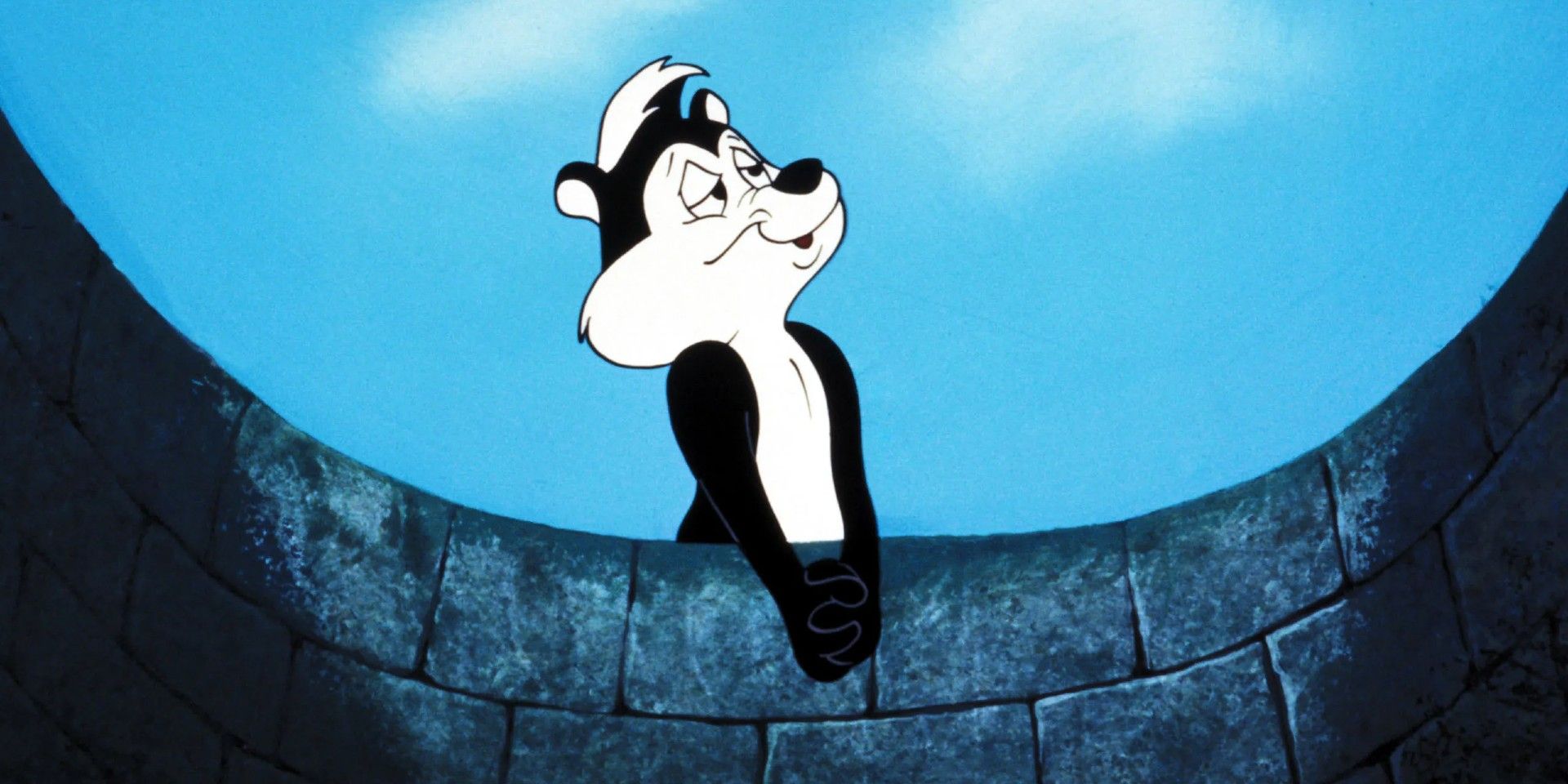
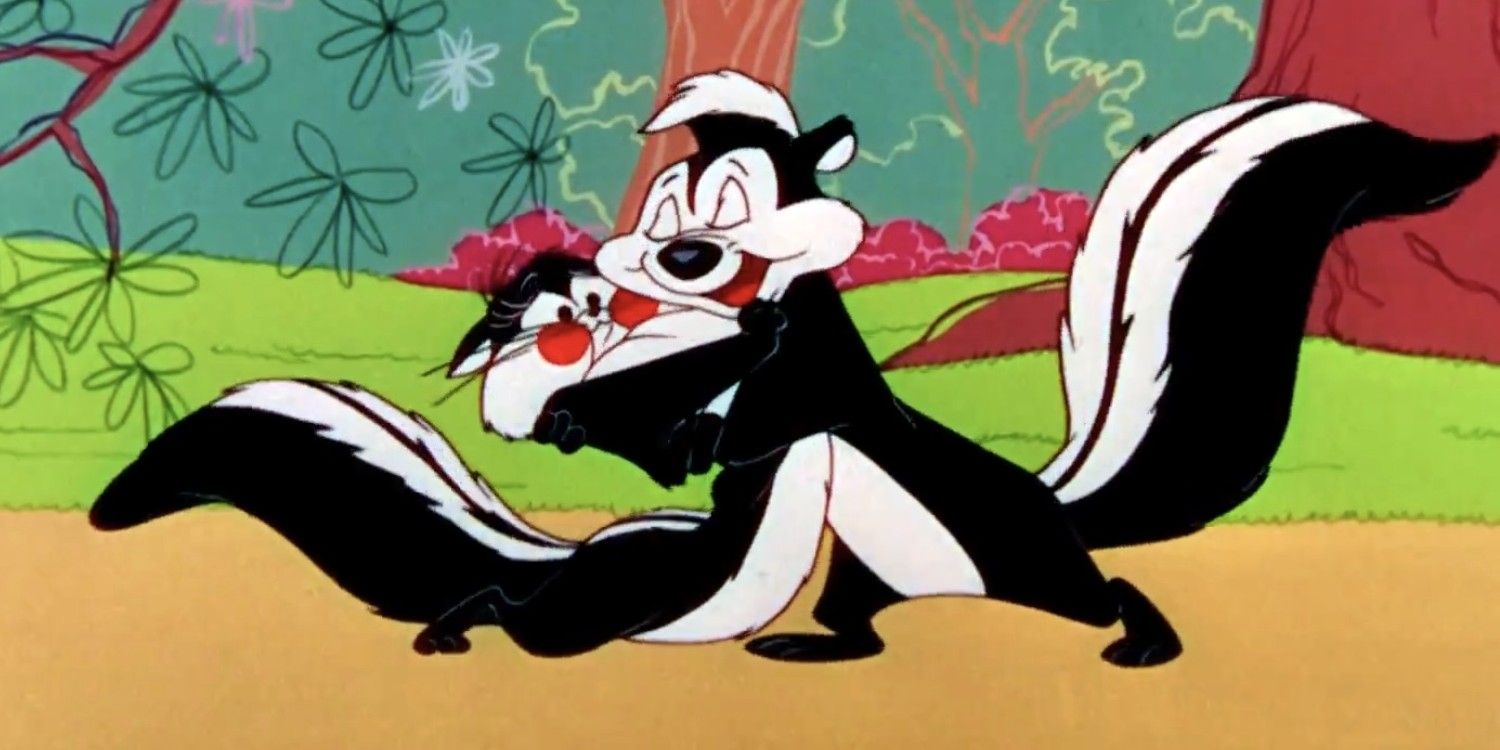
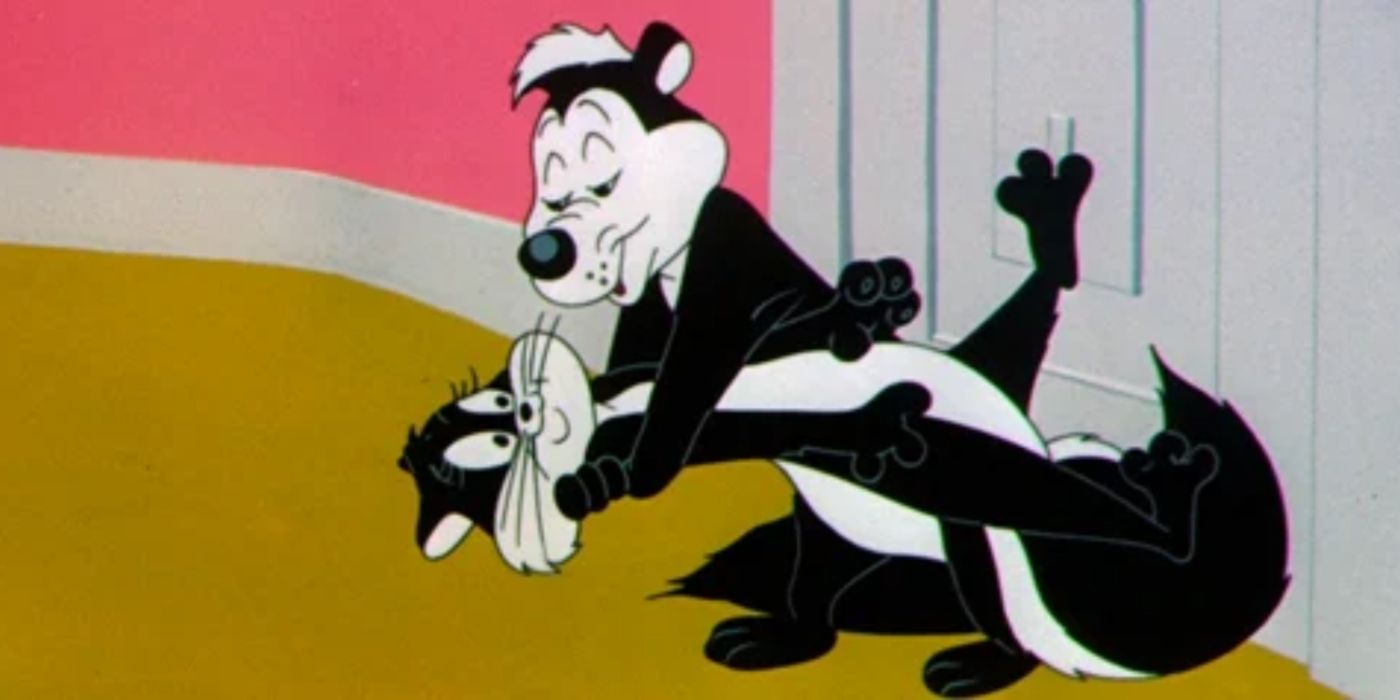
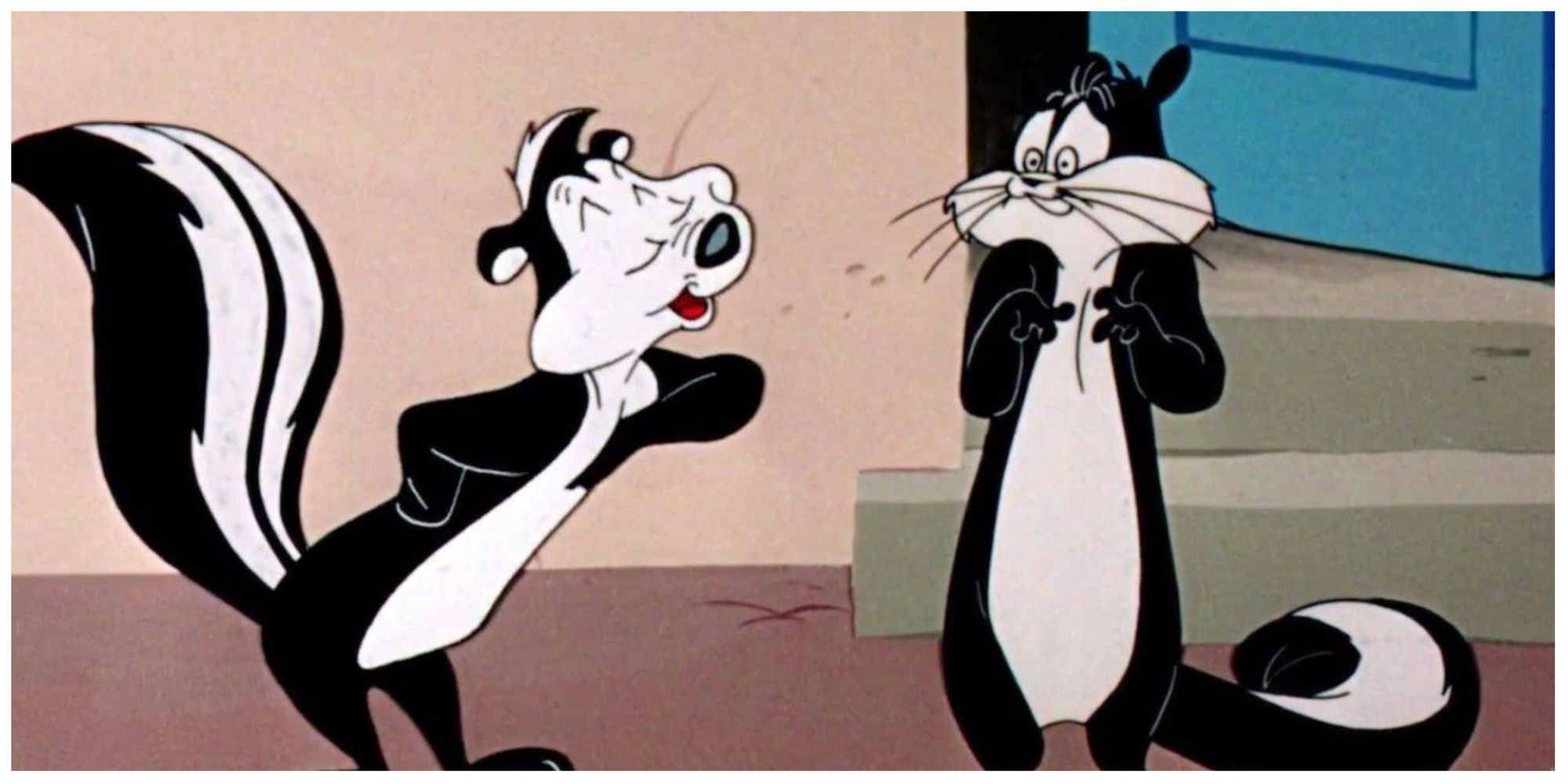
In a well-known series called “Merrie Melodies,” the character Pepé Le Pew is now often associated with inappropriate behavior like sexual harassment and assault. Throughout many of his animated shorts, his persistent pursuit and unwanted advances towards female characters are portrayed as humorous. Most commonly, he would bother Penelope Pussycat, relentlessly chasing, grabbing, flirting with, and trying to kiss her against her wishes and in spite of her fear.
At a certain moment, Penelope gives him a hard whack on the head, and he labels her as a “flirt.” For many years, Pepé Le Pew seemed to imply to young viewers that men persistently chasing women without their consent was simply ordinary and amusing. However, his infrequent appearances in contemporary Looney Tunes indicate that the humor in his character’s actions is no longer acceptable today, as it has been significantly reduced.
Read More
- Clash Royale Best Boss Bandit Champion decks
- Best Hero Card Decks in Clash Royale
- Clash Royale December 2025: Events, Challenges, Tournaments, and Rewards
- Ireland, Spain and more countries withdraw from Eurovision Song Contest 2026
- Clash Royale Witch Evolution best decks guide
- JoJo’s Bizarre Adventure: Ora Ora Overdrive unites iconic characters in a sim RPG, launching on mobile this fall
- Mobile Legends December 2025 Leaks: Upcoming new skins, heroes, events and more
- ‘The Abandons’ tries to mine new ground, but treads old western territory instead
- How to get your Discord Checkpoint 2025
- Mobile Legends November 2025 Leaks: Upcoming new heroes, skins, events and more
2025-05-11 04:33